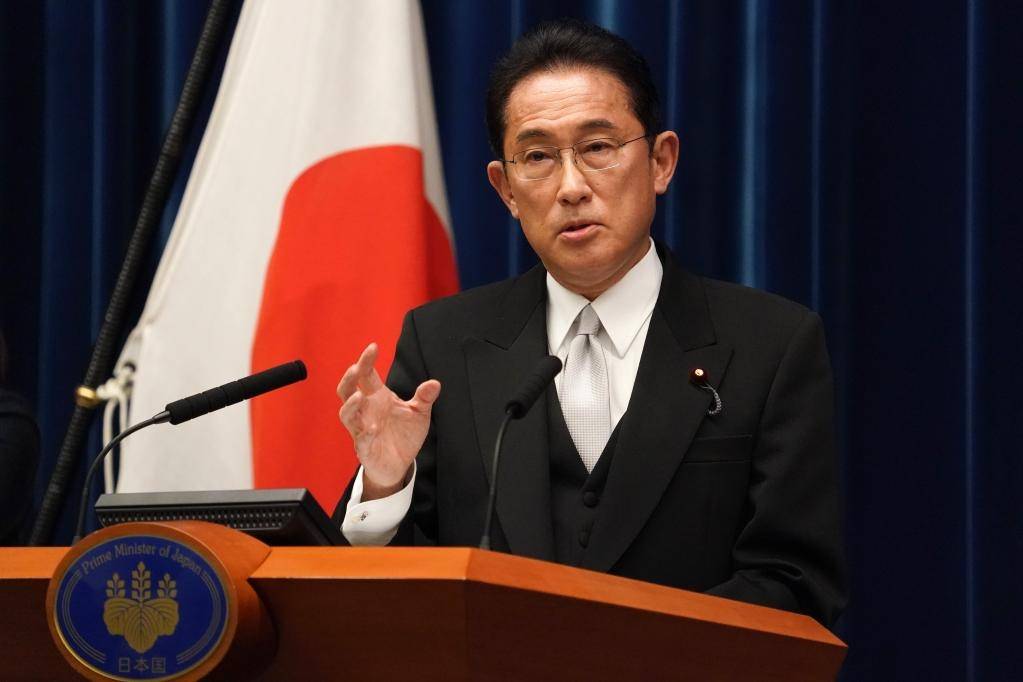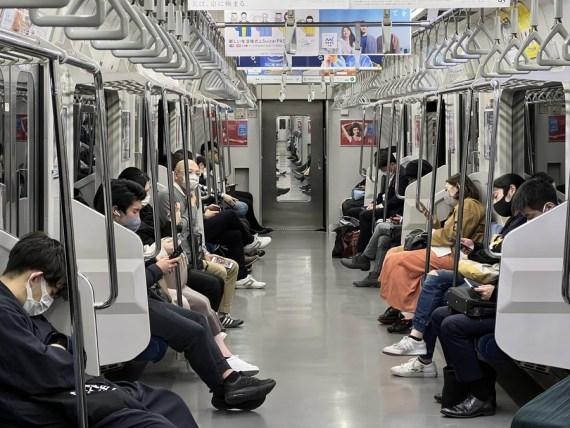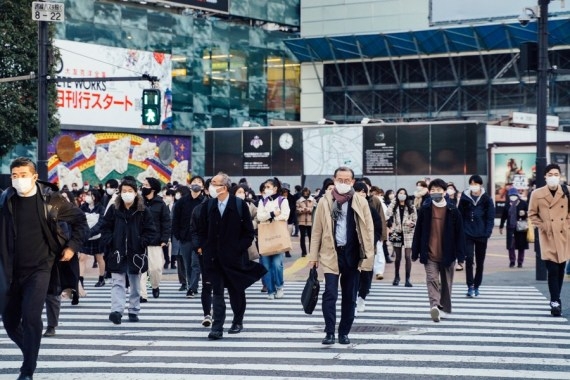Prime Minister Fumio Kishida says Japan is on the brink due to falling birth rate, reports Asian Lite News
Low birthrate crisis is deepening in Japan. Prime Minister Fumio Kishida says his country is on the brink of not being able to function as a society because of its falling birth rate, media reports said.
Kishida said it was a case of “now or never”, the BBC reported.
Japan – population 125 million – is estimated to have had fewer than 800,000 births last year. In the 1970s, that figure was more than two million.
Birth rates are slowing in many countries, including Japan’s neighbours.
But the issue is particularly acute in Japan as life expectancy has risen in recent decades, meaning there are a growing number of older people, and a declining numbers of workers to support them, BBC reported.

Japan now has the world’s second-highest proportion of people aged 65 and over – about 28 per cent – after the tiny state of Monaco, according to World Bank data.
“Japan is standing on the verge of whether we can continue to function as a society,” Kishida told lawmakers.
“Focusing attention on policies regarding children and child-rearing is an issue that cannot wait and cannot be postponed.”
He said that he eventually wants the government to double its spending on child-related programmes. A new government agency to focus on the issue would be set up in April, he added, BBC reported.
However, Japanese governments have tried to promote similar strategies before, without success.

Japan has continued implementing strict immigration laws despite some relaxations, but some experts are now saying that the rules should be loosened further to help tackle its ageing society.
Falling birth rates are driven by a range of factors, including rising living costs, more women in education and work, as well as greater access to contraception, leading to women choosing to have fewer children, BBC reported.
